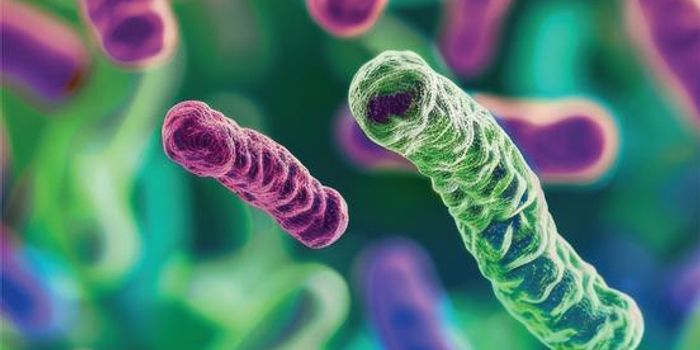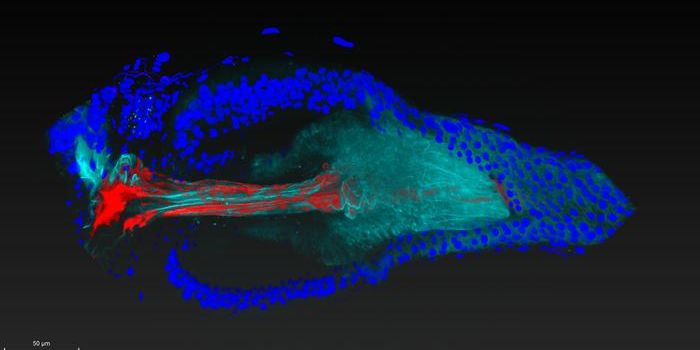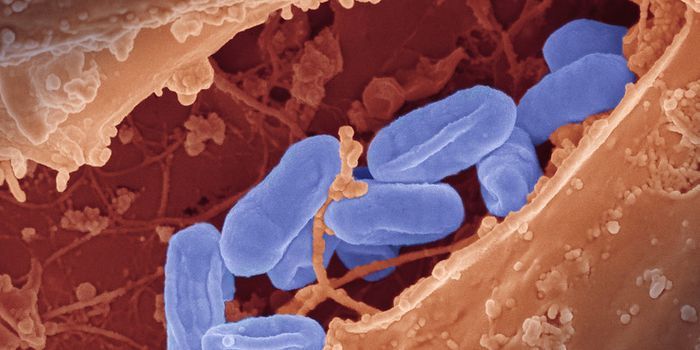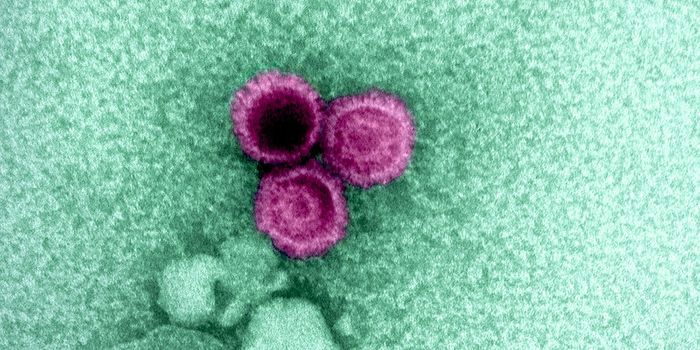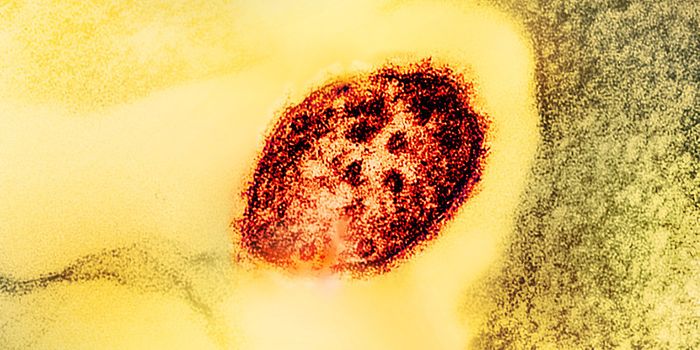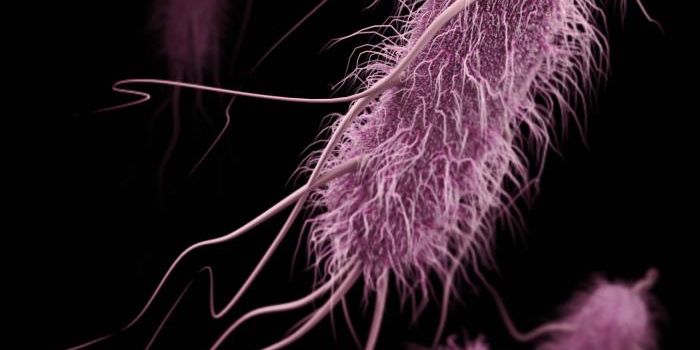Prebiotics May Help Alleviate the Harmful Effects of Stress
It is now well established that the vast community of microbes that resides in the gastrointestinal tract, the microbiome, has a huge impact on human health. Disruptions to that community can wreak havoc on the body, but the reverse is also true; ensuring a healthy gut microbiome can be very beneficial to health as well and can sometimes be an effective therapeutic for disease. Researchers are piling on to this mountain of evidence, and a new study has elaborated on the connection between the gut mircobiome and mental health. Work by Professor Monika Fleshner, PhD, and her group at the University of Colorado, Boulder, has been published in the open access journal Frontiers in Behavioral Neuroscience. It shows how prebiotics, specific types of fiber that the microbiome uses as food, can help restore normal sleep patterns and gut microbe balance following a stressful event. The video below discusses what prebiotics are and which foods contain them.
"Acute stress can disrupt the gut microbiome, and we wanted to test if a diet rich in prebiotics would increase beneficial bacteria as well as protect gut microbes from stress-induced disruptions,” explained one of the study authors, Dr. Agnieszka Mika, a postdoctoral fellow. We also wanted to look at the effects of prebiotics on the recovery of normal sleep patterns, since they tend to be disrupted after stressful events."
Prebiotics, material that isn’t digestible by the tools of the human body, are good food for the bacteria in our guts. Not a lot is known about them, but they are common; prebiotics can be found in many plants. Asparagus, legumes and oatmeal are plant prebiotics, and some substances that are not fiber, like lactoferrin, a protein found in breast milk, also acts as a prebiotic.
For this study, rats were dosed with prebiotics for a few weeks before they were subjected to a stressful event; another group endured the stress but had not been exposed to prebiotics. The investigators learned that the mice that had been given prebiotics did not show a disruption in their gut microbiome after the stress, something that is known to occur. These rodents also regained a normal, healthy sleep pattern faster than the group that did not receive prebiotics.
It is valid to ask how relevant these results are to the human experience, but the researchers are confident it is comparable. "The stressor the rats received was the equivalent of a single intense acute stressful episode for humans, such as a car accident or the death of a loved one," said the lead author of the work, Dr. Robert S. Thompson. "A next set of studies will be looking exactly at that question - can prebiotics help humans to protect and restore their gut microflora and recover normal sleep patterns after a traumatic event?"
"So far no adverse effects from prebiotics have been reported," said Dr. Mika, "and they are found widely in many plants, even present in breast milk, and are already commercially available."
This work suggests that prebiotics aren’t likely to do much harm, so it’s worth considering how to get a little more of them into your diet.
Researchers have termed the relationship between the microbiome and the brain the gut-brain axis, and there is plenty of work that supports the idea that there is a strong link between the two. You can learn more about it in this interview with Professor of Psychiatry Ted Dinan of the University College Cork, considered an expert in this field.
Sources:AAAS/Eurekalert via Frontiers, Gastroenterology Clinics of North America, Frontiers in Behavioral Neuroscience

